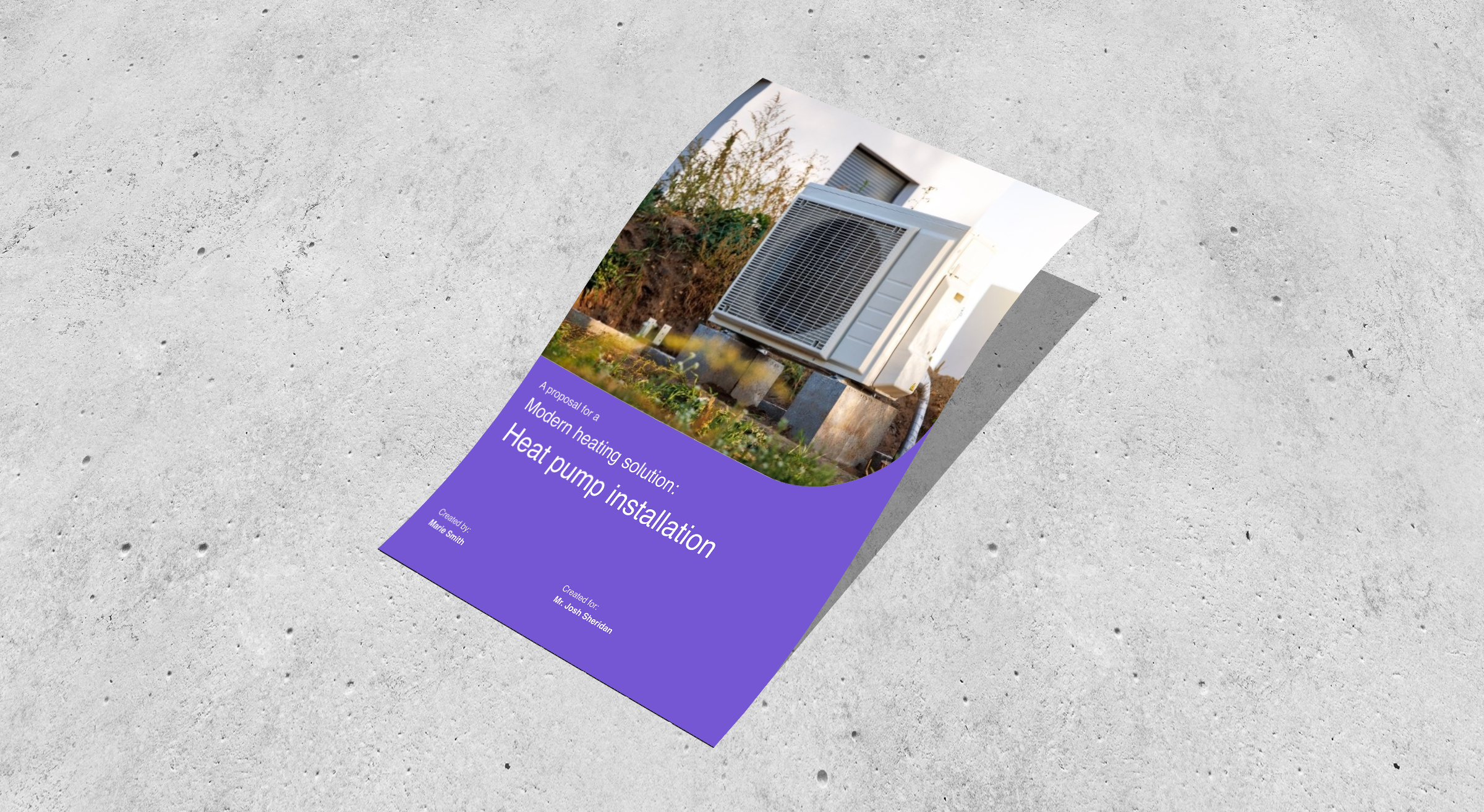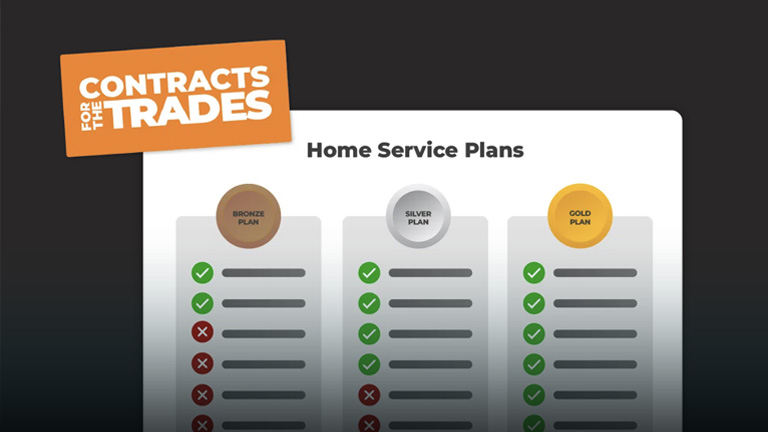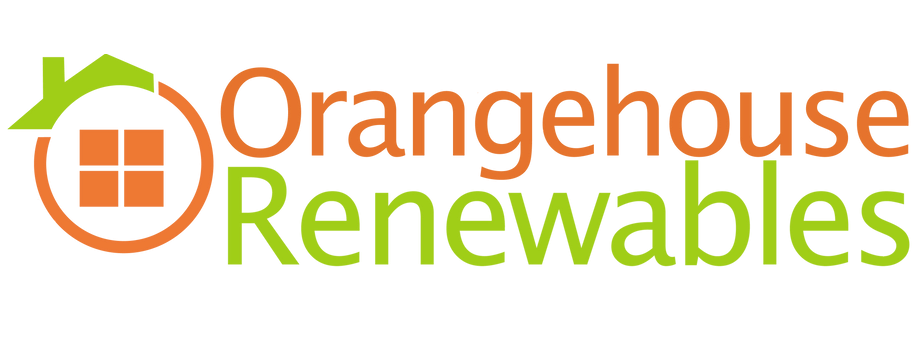Three Ways to Simplify Your Small Business Accounting: Advice from Crunch
June 3, 2021 | Read: 5 minutes

When you don’t have a large company’s resources, accounting for a small business can be daunting, so what can you do?
Well, we’ve asked the experts at Crunch to offer some insight.
For over ten years, Crunch has combined easy-to-use, online accounting software with actual human beings, so that you’re always able to access your accounts and seek the support you need. We’ll let them take it from here!
Going self-employed brings with it a number of exciting benefits, but for many, a fear of one particular unknown stops them from taking the leap: managing their own accounts.
Now of course, if you step into the world of self-employed accounting as a small business with no experience or background, a little anxiety is understandable – from the outside, it can look like a daunting, unscalable mountain!
The good news is that there are a number of small and simple steps you can take to simplify the entire accounting process for your small business.
So, what exactly are these small and simple things? Let’s take a look!

1. Understand your turnover, profit, and cashflow
This tip is more of an “important habit” than a “handy hint”, but trust us: many small businesses have needlessly suffered because they didn’t understand and monitor their turnover, profit, and cashflow more carefully.
Turnover
Let’s start with turnover. Your turnover is your total net sales over a certain period of time (i.e. a financial year). Your “net sales” are the total cost of all your invoices, minus any refunds or discounts you may have given to your customers. It’s easiest to track when you use the benefits of an automated invoice processing system.
One of the most important things to remember about your turnover is that, if it gets near or exceeds HMRC’s VAT threshold of £85,000 over the course of a 12 month period, you’ll need to register for VAT. You might even wish to voluntarily register for VAT, but you should always consult an accountant before taking that step.
Profit
We doubt that you need us to explain what a profit is, but you should always keep one eye on your profit margin – which is the amount of profit you make compared to your turnover. So a £10,000 profit from a turnover of £100,000 means a profit margin of 10%.
You may also want to look at how much you’re charging your clients, the profit and loss your seeing with your stock control system, and ways to increasing your margins.
If you’re feeling particularly surgical, you could even decide to cut loose the clients that are hard to work with or are the least profitable – especially if they’ve got a history of paying you late.
Don’t forget to mange your supplies with software, either: you want to make sure you’re getting the most bang for your buck, after all, and if you can find a cheaper supplier elsewhere, they’re worth looking into – so long as “cheaper” doesn’t mean “lower quality”, of course!
Cashflow
As a business owner, ensuring the amount of money coming into your business is greater than what’s going out is one of the pillars of small business management – the last thing you want is a cashflow crisis! If your cash position is healthy, you can build up a reserve to help you manage any period where your income is reduced.
One of the easiest ways to manage your cashflow is with a spreadsheet: you can either design your own, or download a pre-made template.
2. Apply for funding
You may not realise that your business could actually qualify for some additional funding, should you decide to apply for it. Funding could take the form of a loan, grant, or a form of support such as the Start-Up Loan or New Enterprise Allowance.
The list of funding options is a long and varied one, so we’d recommend seeking some professional advice from an accountant (like Crunch!) before you make any final decisions.
3. Learn, improve, and grow your small business
The best piece of advice we can offer you is to learn from your mistakes. Trial and error is a huge part of being self-employed: some things will work, some things won’t, and there’s no shame in that.
Or, in the words of Thomas Edison: “I have not failed. I’ve just found 10,000 ways that won’t work!”
Left your Self Assessment until the last minute? Set reminders in August and get your next one filed with plenty of time to spare. Falling behind on your bookkeeping? Get yourself some free online accounting software, or even an accountant.
The list goes on and on, as we’re sure you can imagine, but the key here is to remain humble: not everything is going to go to plan, and not every idea is going to work, but the ability to recognise your mistakes and tighten up your working practices is a vital part of running your own business.
Thanks to our exclusive partnership with Commusoft, a field service management software, you can even enjoy a 10% discount on our Crunch limited company packages and a £5 per month discount on our sole trader packages for the first year!
Simply quote the code COMMCRUNCH10 when you speak to an advisor.
Crunch is an award-winning online accounting service that can support your small business, as well as freelancers, contractors, and practically anyone who’s self-employed.
If you think you’d benefit from dedicated accountancy support, Crunch offers a complete accountancy service with unlimited support for small businesses and the self-employed.









